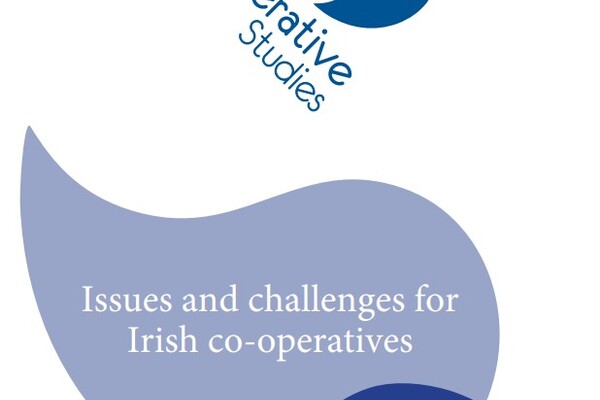Journal of Co-operative Studies, 55(2) - No. 165
Editorial
Anita Mangan and Jan Myers, pp. 3-5
PDF
Peer reviewed papers
Curtis Stofferahn and Aaron Ley, pp. 7-19
Short papers (editorial review)
![]() Structure, functioning, and role of co-operatives in the Nepalese economy
Structure, functioning, and role of co-operatives in the Nepalese economy
Srijana Shrestha and Shiva Chandra Dhakal, pp. 20-28
![]() The impact of the cost-of-living crisis on British credit unions and community lenders
The impact of the cost-of-living crisis on British credit unions and community lenders
Pål M. Vik and Andrew Wallace, pp.29-34
![]() The problem of social care: A co-operative solution
The problem of social care: A co-operative solution
Alex Bird, Andrew Birchall, Anita Mangan, Mick McKeown, Cilla Ross, and Simon Taylor, pp. 35-42
![]() Co-operatives for sustainable development
Co-operatives for sustainable development
Francesca Gagliardi and David Gindis, pp.43-46
![]() Nigel Todd (1948-2021) — Passionate to the end
Nigel Todd (1948-2021) — Passionate to the end
Jan Myers, pp 47-50










